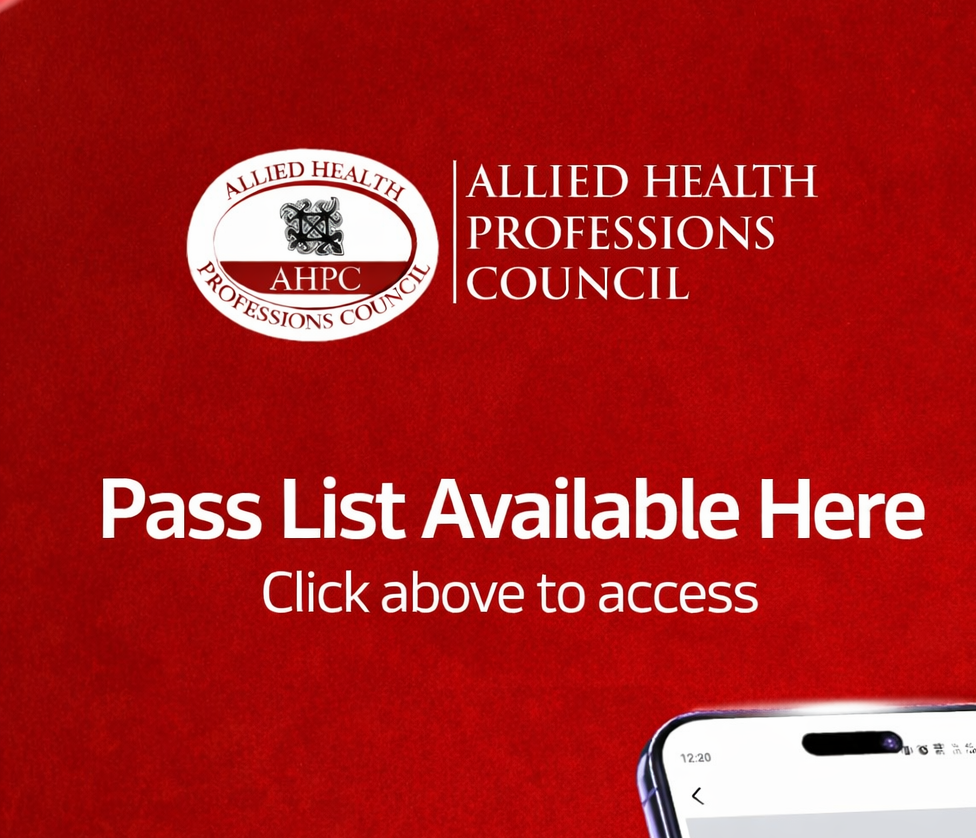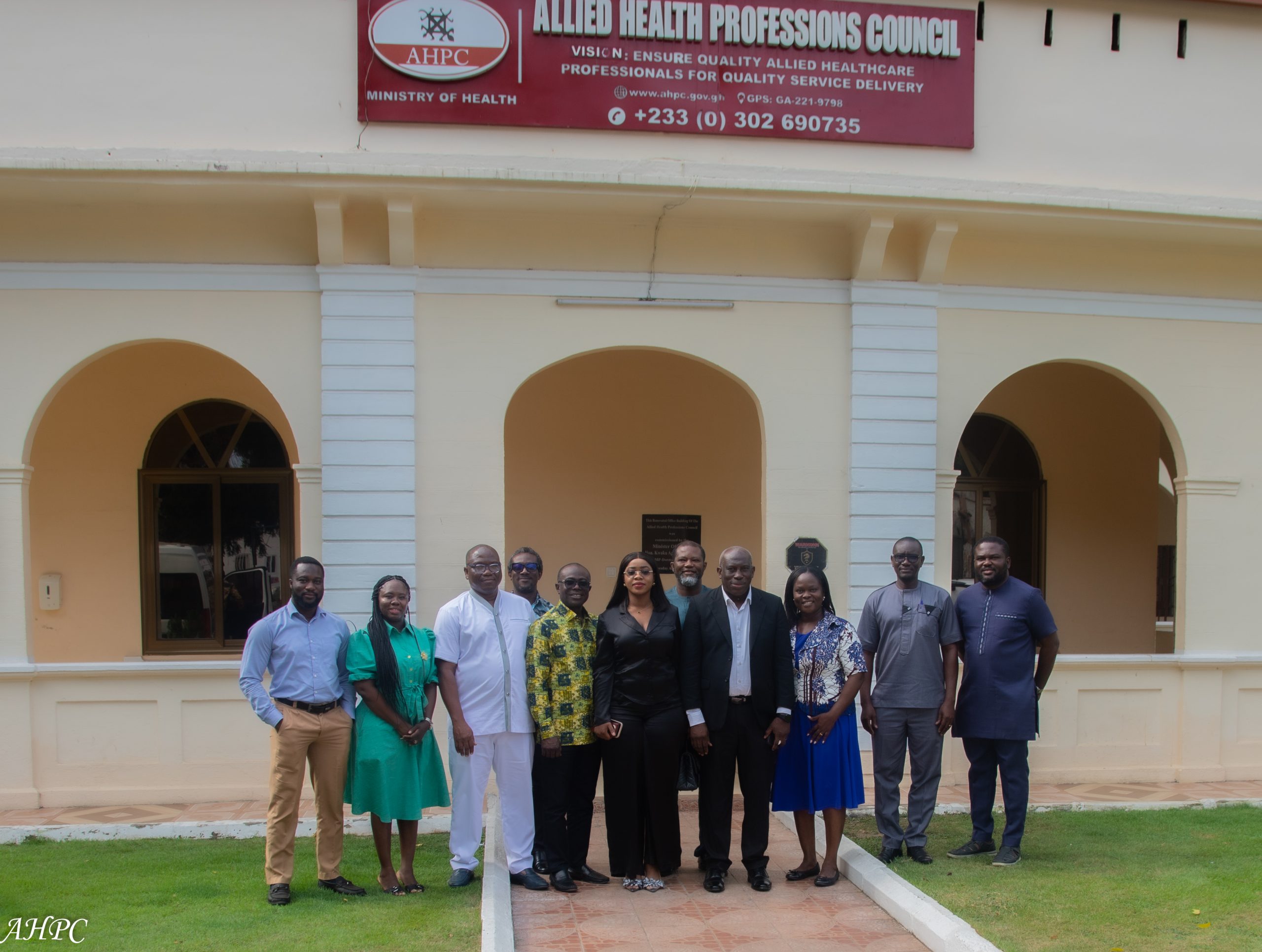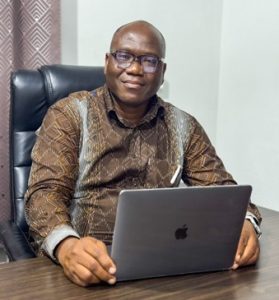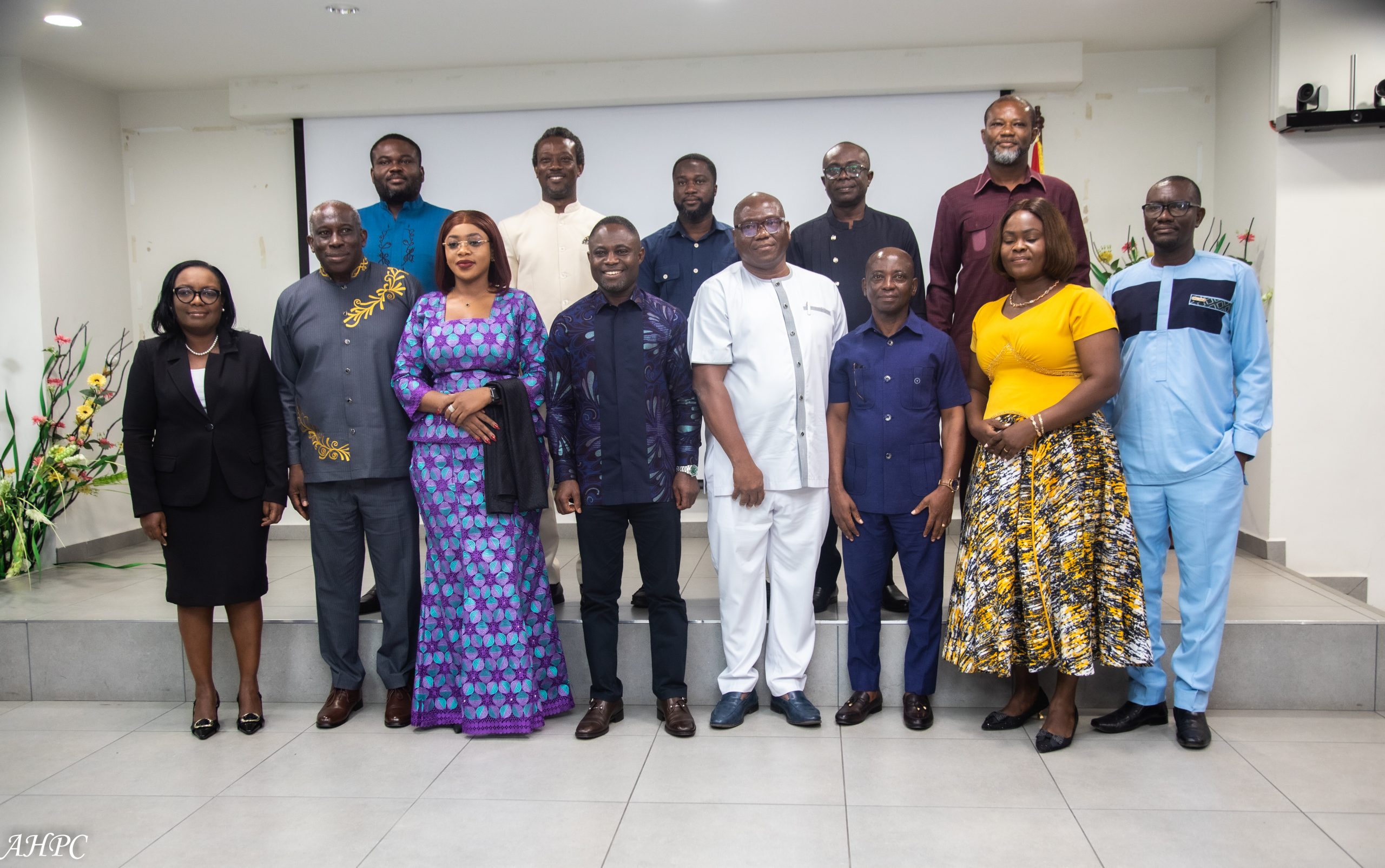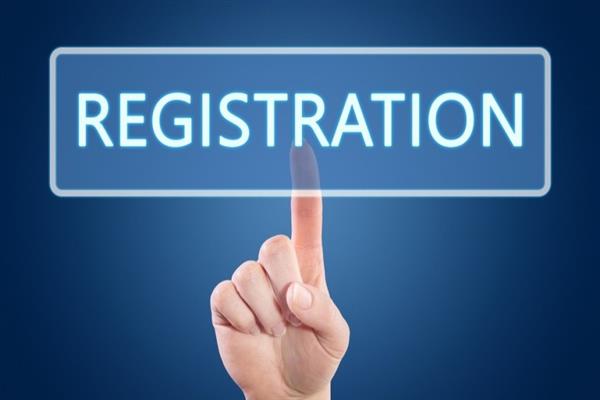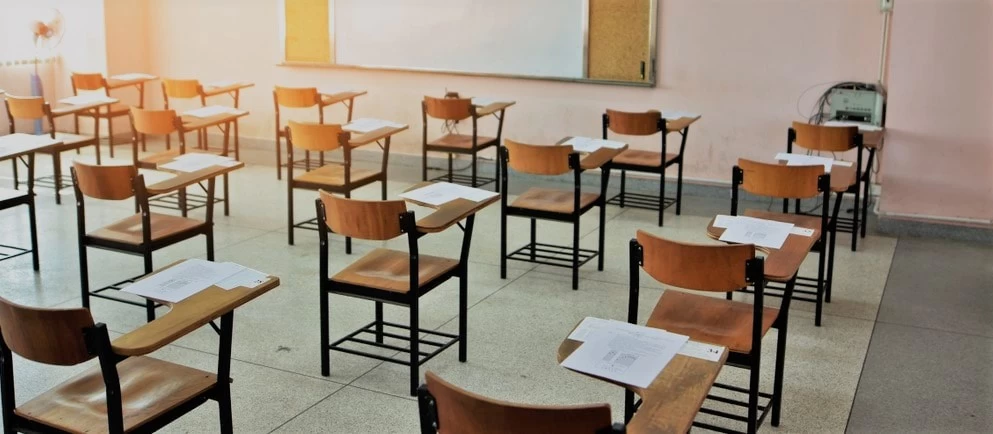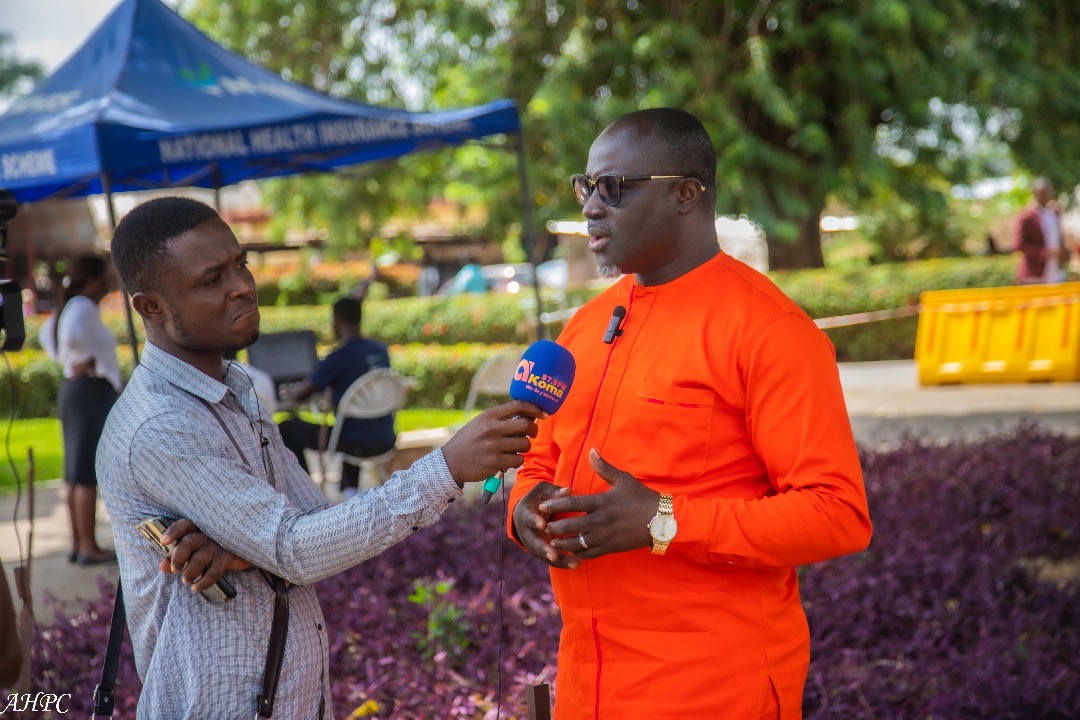a message from the board chairperson
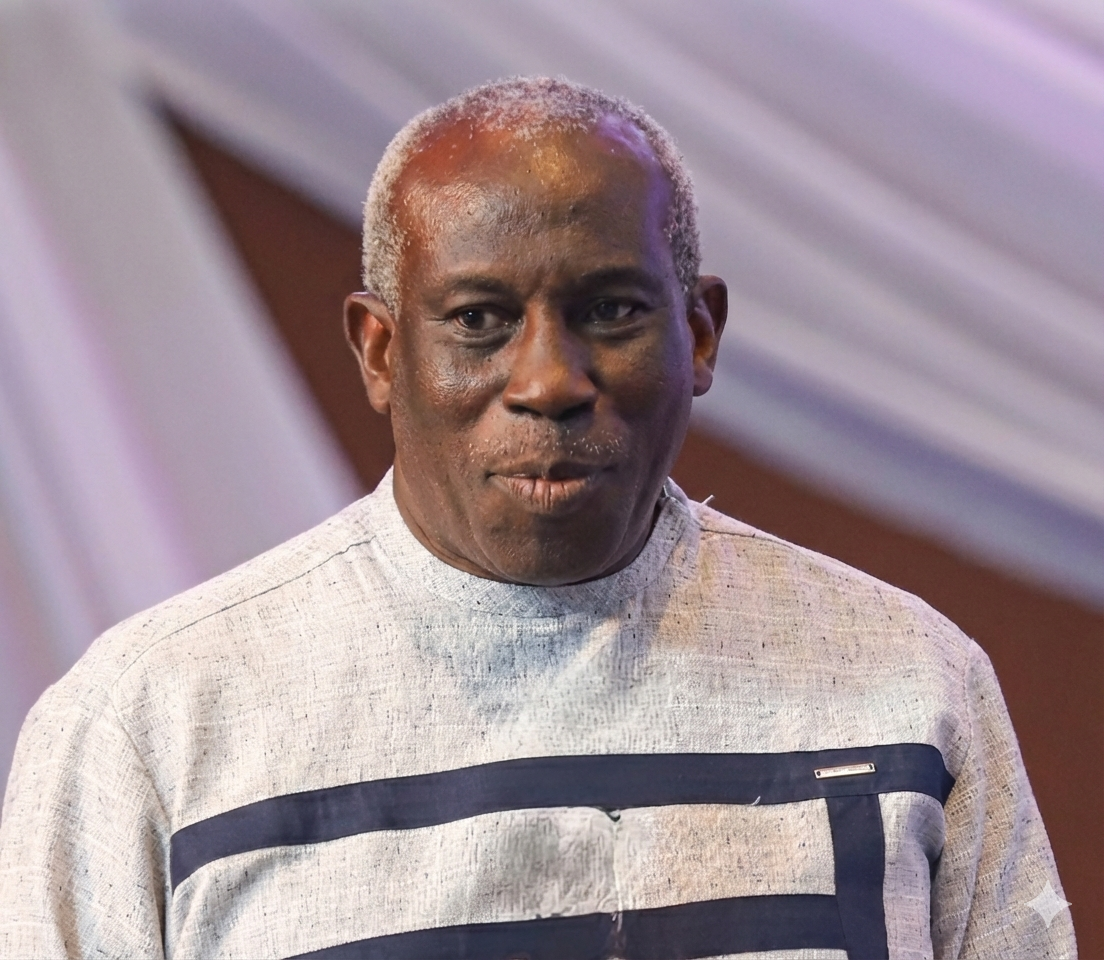
On behalf of the Governing Board of the Allied Health Professions Council, I extend my sincere appreciation to fellow Board Members, Management, staff, allied health professionals, institutions and all stakeholders for your dedication and contributions toward a successful year. The collective commitment demonstrated across the Council has been instrumental in advancing our regulatory mandate and strengthening public confidence in allied health practice in Ghana.
The Board remains firmly committed to supporting the policies and strategic direction of the Council in alignment with the broader vision and development agenda of the Government. As the Council transitions into a new phase of leadership, we reaffirm our determination to journey together with all and sundry, offering the support, oversight and collaboration required to fully realize the mandate entrusted to us under the Allied Health Professions Council Act, 2012 (Act 857).
We are mindful that the road ahead will not be without challenges. Strengthening regulatory systems, improving service delivery, and elevating the image of the Council will demand unity of purpose, discipline, and shared responsibility. Success will require the collective effort of the Board, Management, staff, professionals, training institutions, facilities, and partners, all working in concert to position the Council as a credible, responsive and respected regulatory authority.
In this regard, I call on all allied health professionals
and stakeholders to rally behind the new leadership, to uphold what is right,
eschew wrongdoing, expose quackery and discharge professional obligations
responsibly. Let us each, in our respective roles, exemplify integrity,
accountability and professionalism in service to the people of Ghana.
As we welcome the year 2026, I urge all stakeholders to
embrace a renewed sense of duty and responsibility, not only to your
professional associations and facilities, but also to the Council and the nation.
Together, with commitment and collective resolve, we can strengthen the
Council, protect the public interest and advance the allied health professions
to greater heights.
I wish you all a productive, purposeful and fulfilling year ahead.
Signed,
Board
Chairman
Allied
Health Professions Council




